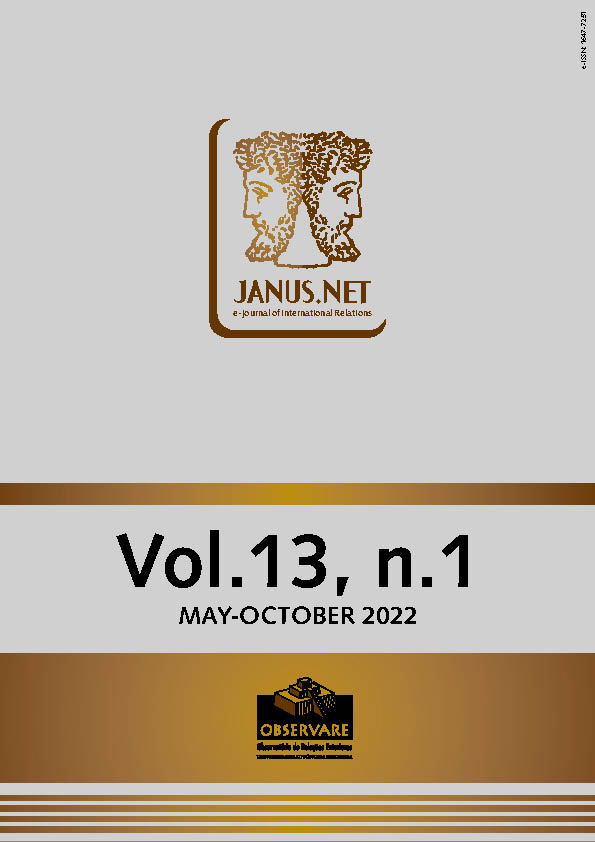The study of international affairs has found itself increasingly intermingled with local contexts. This condition has led us to a more decentralised approach toward international relations, where more attention is given to the role of subnational units such as city and province. Numerous studies with systemic-level analyses have been dedicated to examining globalisation as a structure and its impact on the emergence of subnational governments in foreign activities, which can also be understood as paradiplomacy. However, there has been limited state-level analysis of how paradiplomacy relates to the evolving state role in the contemporary era. This paper attempts to fill the gap by drawing the experience of Indonesia, a unitary state and an emerging democracy, in reshaping its institutional structures to pave ways for its local governments in conducting paradiplomacy. This exploratory study uses library study to primarily explore official documents on Indonesian regional autonomy, mainly related to international cooperation. This paper asserts that the rise of paradiplomacy in Indonesia is driven by the domestication of global issues, decentralisation of power, and fragmentation of the formerly powerful central agency.
PARADIPLOMACY AS THE PRODUCT OF STATE TRANSFORMATION IN THE ERA OF GLOBALISATION: THE CASE OF INDONESIA
PhD candidate in Social Sciences at Universitas Airlangga (Indonesia). Assistant Professor at the Department of International Relations, Universitas Pembangunan Nasional "Veteran" Jawa Timur. Researcher at the Center for Identity and Urban Studies. Advisor on sister city programs for the Surabaya City Government. The main focus of the author's research is on issues surrounding paradiplomacy, especially by cities.
Resumo
Palavras-chave
Como citar este artigo
Utomo, Ario Bimo (2022). Paradiplomacy as the product of state transformation in the era of globalisation: the case of Indonesia. In Janus.net, e-journal of international relations. Vol13, Nº. 1, May-October 2022. Consulted [online] on the date of the last visit, https://doi.org/10.26619/1647-7251.13.1.5
Article received on 21 August, 2021 and accepted for publication on 16 February, 2022















